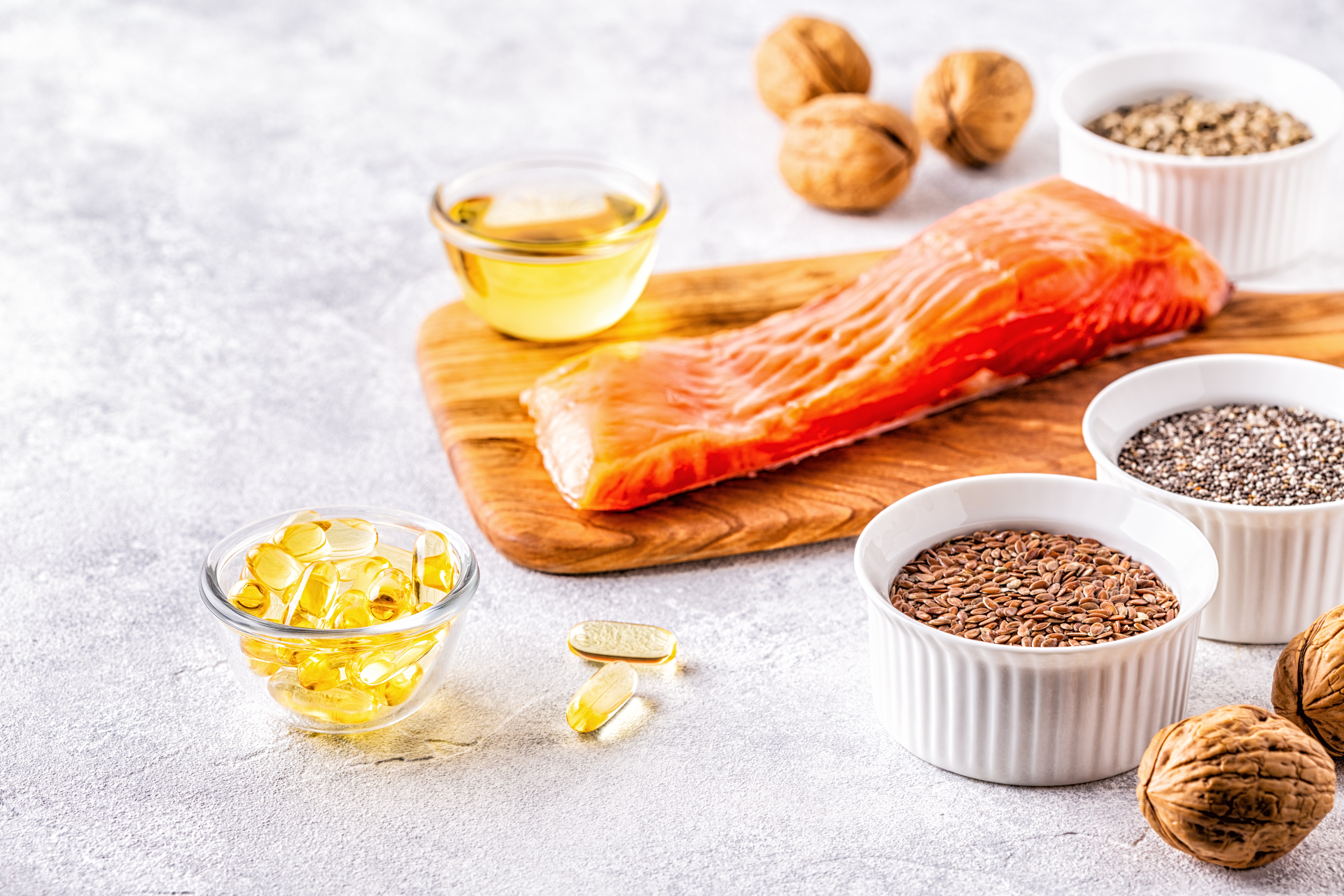Brain-Boosting Foods You Should Add To Your Diet
Your brain, though small, is the command center of your entire being, orchestrating everything from your deepest thoughts to your quickest reflexes. This incredible organ devours a massive 20% of your daily energy, highlighting the profound impact of nutrition on its performance. Think of it like a finely tuned engine: it needs premium fuel to run smoothly and efficiently. We've expanded our list to include 32 essential nutrients that are critical for cognitive function, focus, memory, and long-term brain health. From the omega-3s that build resilient brain cells to the antioxidants that shield against age-related decline, each of these nutrients plays a vital role in keeping your mind sharp and your thinking clear. Are you ready to unlock your brain's full potential? This guide is your roadmap to feeding your mind the ultimate brainpower boost. Let's explore the key nutrients that will elevate your mental clarity and cognitive vitality.
1. Omega-3 Fatty Acids: The Brain's Building Blocks

Omega-3 fatty acids are essential fats that play a crucial role in brain health. Found abundantly in fatty fish like salmon, mackerel, and sardines, these fats are integral to building and repairing brain cells. DHA, a type of omega-3, is a major structural component of the brain and retina, highlighting its importance in maintaining cognitive function and vision. Research indicates that a diet rich in omega-3s can enhance memory, improve mood, and protect against neurological disorders. The benefits of omega-3s extend beyond structural support. They also possess anti-inflammatory properties that can reduce brain inflammation, a factor linked to depression and Alzheimer's disease. Studies have shown that individuals with higher omega-3 intake have larger brain volumes in old age, suggesting a protective effect against brain shrinkage. For those who don't consume fish, plant-based sources like flaxseeds, chia seeds, and walnuts provide ALA, another form of omega-3 that the body can partially convert into DHA and EPA. Ensuring adequate omega-3 intake is a foundational step in supporting cognitive health.
2. Antioxidants: Defenders Against Oxidative Stress

Antioxidants are compounds that protect the brain from oxidative stress, a process that can damage cells and contribute to cognitive decline. Berries, such as blueberries, strawberries, and blackberries, are rich in flavonoids, a type of antioxidant known to improve brain function. These compounds enhance communication between brain cells, promote neurogenesis (the growth of new neurons), and improve plasticity, which is crucial for learning and memory. Vitamin E, another potent antioxidant found in nuts and seeds, plays a vital role in protecting cell membranes from oxidative damage. Studies have linked higher vitamin E intake with a reduced risk of Alzheimer's disease, highlighting its potential in preserving cognitive function. Additionally, dark chocolate, rich in flavonoids, caffeine, and theobromine, has been shown to boost brain function and mood. By incorporating a variety of antioxidant-rich foods into your diet, you can fortify your brain's defenses against oxidative stress and support long-term cognitive health.
